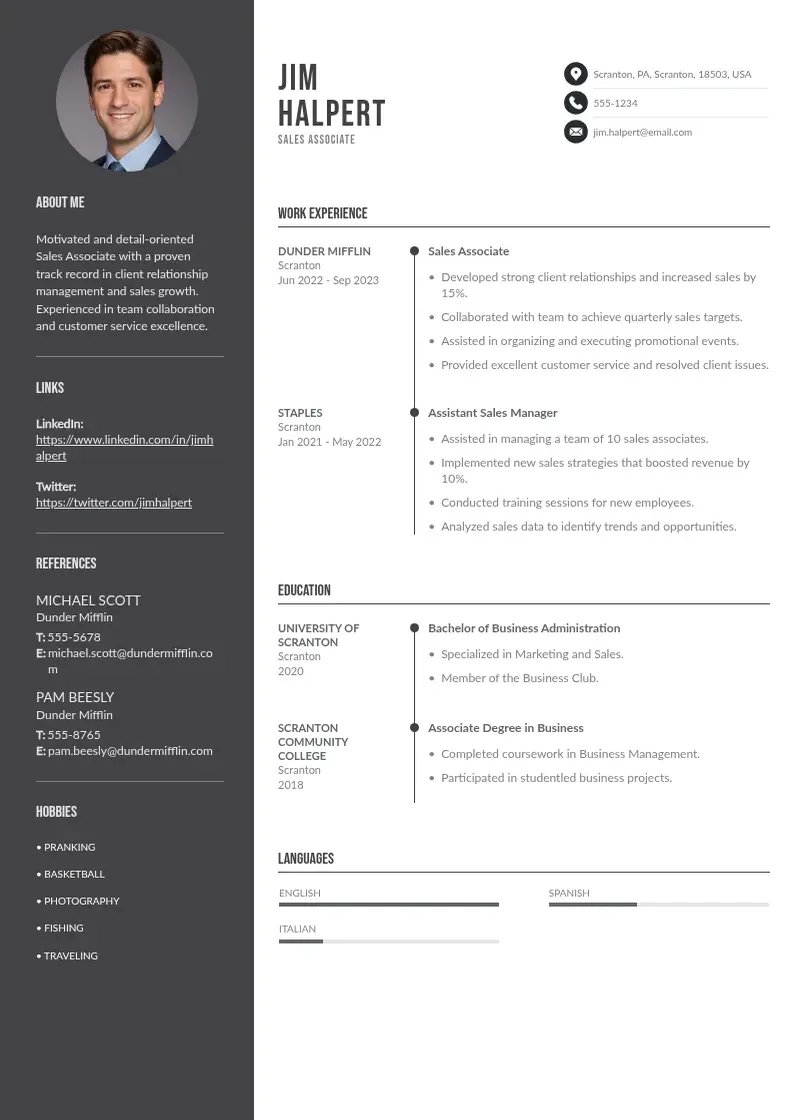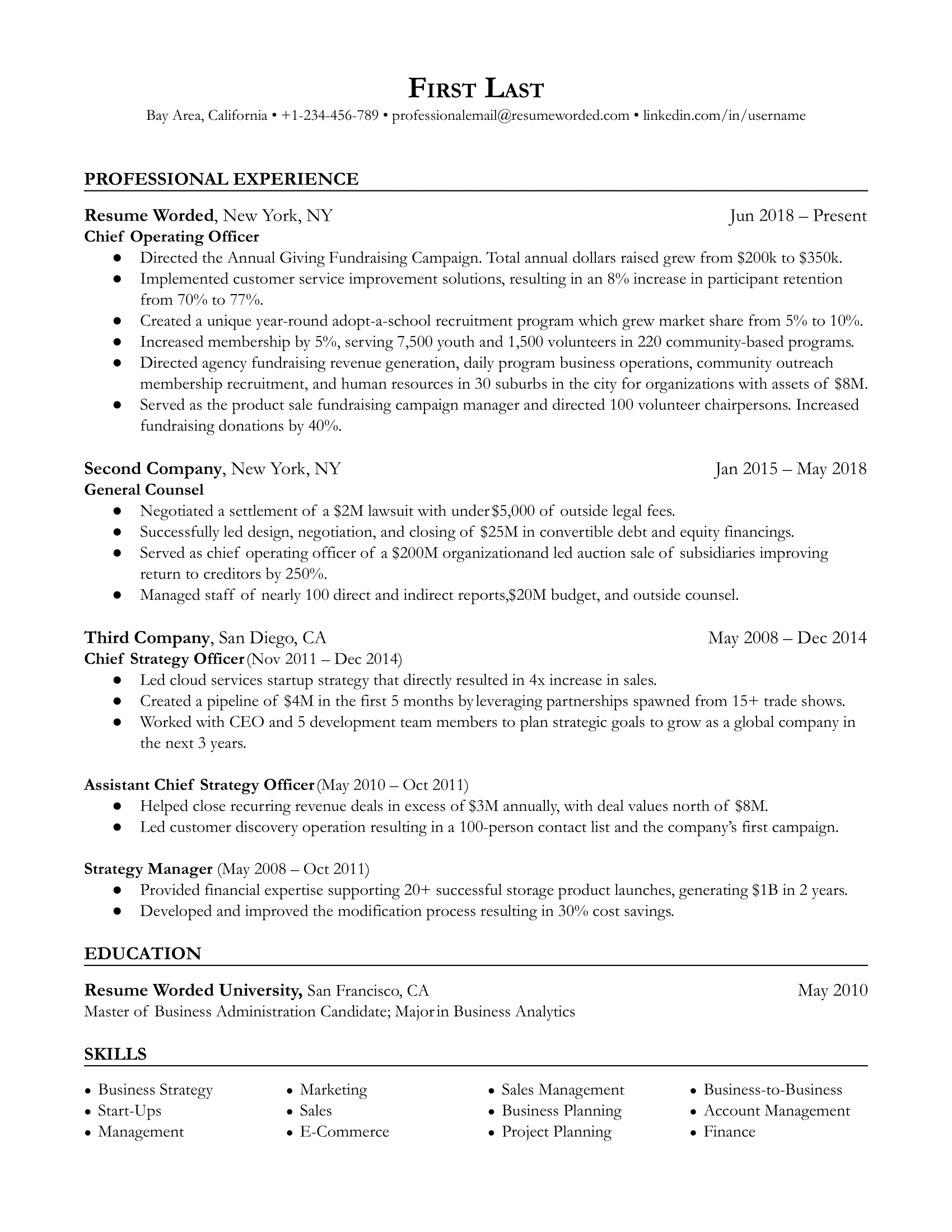Starting a business is an exhilarating adventure filled with possibilities, but it also comes with its fair share of challenges. As an entrepreneur, you need tools that streamline your operations and maximize efficiency.
That’s where a Customer Relationship Management (CRM) system comes into play. Imagine having a tool that helps you manage interactions with potential clients, keeps track of customer data, and ultimately boosts your sales. Creating your first CRM might sound daunting, but it’s a game-changer that can propel your business to new heights.
You might be wondering, “Where do I start? ” Or “How can a CRM benefit my business? ” This article will guide you through the process, making it simple and straightforward, so you can focus on what you do best—growing your business. Stick with us to discover how you can create a CRM that fits your needs perfectly.
Table of Contents
ToggleImportance of a Crm for New Businesses
A CRM is vital for new businesses to organize customer data efficiently. It helps track interactions and improve customer service. Building your first CRM involves selecting user-friendly software that fits your needs. Keep it simple and scalable to support business growth.
When you’re starting a business, keeping track of your customers can be daunting. A CRM, or Customer Relationship Management system, is crucial for managing these relationships effectively. It helps you keep your customers happy and your business thriving by organizing information and streamlining communication.
What Is a Crm?
A CRM is a tool that helps you manage your interactions with current and potential customers. It stores customer information, tracks sales, and manages marketing efforts all in one place. This makes it easier for you to stay organized and respond to customer needs quickly.
Enhancing Customer Experience
Providing excellent customer service is key to business success. A CRM allows you to access detailed customer data, helping you tailor your interactions. Imagine knowing your customer’s preferences before you even pick up the phone—it’s a game-changer.
Streamlining Communication
Miscommunication can lead to lost opportunities. A CRM ensures all team members have access to the same information. This consistency helps avoid misunderstandings and ensures everyone is on the same page.
Boosting Sales and Marketing Efforts
A CRM provides insights into customer behavior and preferences. You can analyze this data to refine your sales strategies and marketing campaigns. This targeted approach can lead to higher conversion rates and increased revenue.
Scaling Your Business
As your business grows, managing customer relationships manually becomes impossible. A CRM scales with you, allowing you to handle a larger customer base without losing the personal touch. Are you prepared for growth without a system in place?
Building Stronger Relationships
Customers appreciate personalized attention. With a CRM, you can remember important details like birthdays or past purchases, making your interactions more meaningful. Building these connections can foster customer loyalty and repeat business. By adopting a CRM early, you lay a solid foundation for your business’s future. It can transform the way you interact with customers, turning one-time buyers into lifelong fans. Are you ready to invest in your business’s success?

Credit: resume-example.com
Identifying Business Needs
Creating your first CRM is a crucial step for any new business. A CRM helps manage customer relationships effectively. Before setting up a CRM, it’s vital to identify your business needs. Understanding these needs guides your CRM design and functionality. This ensures it serves your business objectives.
Assessing Customer Interaction
Start by evaluating how your business interacts with customers. Identify key touchpoints where your business connects with clients. Consider customer inquiries, sales calls, and social media interactions. Document these interactions thoroughly. Recognize patterns that may indicate needs for improvement. This will help tailor your CRM to address specific challenges.
Defining CRM Goals
Once customer interaction is assessed, define your CRM goals. Decide what you aim to achieve with your CRM. This could include improving communication, enhancing customer satisfaction, or increasing sales efficiency. Clear goals provide direction for your CRM’s development. Align these goals with broader business objectives. Ensure every feature serves a purpose towards achieving these goals.
Choosing the Right CRM Platform
Creating a CRM tailored to your business needs can enhance customer relationships. Focus on ease of use and essential features. Choose a platform that grows with your business and supports your goals efficiently.
Choosing the right CRM platform is a crucial step for any budding business owner. Your CRM system will act as the backbone of your customer interactions and sales processes. Selecting the right one can set the stage for success, while a poor choice can lead to complications and missed opportunities. How do you ensure you’re making the best choice?
Evaluating CRM Features
Start by listing the features you need in a CRM. Do you require basic contact management, or do you need advanced analytics and reporting? Prioritize features that align with your business goals, and consider platforms that offer customization to grow with you. Additionally, think about integration. Does the CRM seamlessly connect with tools you already use, like email marketing software or accounting systems? Integration can save you time and reduce errors by syncing data across platforms.
Considering Budget Constraints
Budget is a critical factor in choosing a CRM. While it might be tempting to opt for a feature-rich option, it’s essential to balance cost with functionality. Look for CRM solutions that offer a range of pricing tiers, allowing you to start small and upgrade as your business grows. Don’t overlook free trials or freemium models. These options can give you a hands-on feel for the platform without financial commitment. Remember, the most expensive option isn’t always the best fit for your needs. Evaluate the total cost of ownership. This includes any hidden costs like setup fees, training, and ongoing support. Ensure your budget can accommodate these expenses to avoid future surprises. Choosing the right CRM platform doesn’t have to be daunting. By focusing on essential features and budget considerations, you can find a solution that supports your business from day one. What features are most crucial for your business, and how much are you willing to invest in them? Consider these questions as you make your decision.
Crm Customization
Creating a CRM for your business is a significant step. Customization is crucial for making it truly effective. It helps align the CRM with your specific needs. Customization ensures the software adapts to your unique processes. This personalization makes it a valuable asset, enhancing productivity and efficiency. Let’s explore how to tailor your CRM to your business processes and integrate it with existing tools.
Tailoring to Business Processes
Every business operates differently. Understanding your workflows is essential. Identify key processes that drive your business. Adapt the CRM to support these activities. Customize fields and modules to reflect your operations. This makes data entry intuitive and streamlined. Set up automation for repetitive tasks. This saves time and reduces errors. With tailored workflows, your team can focus on strategic tasks.
Integrating with Existing Tools
Your CRM should work with tools you already use. Integrate it with communication platforms like email and chat. This centralizes information and enhances collaboration. Connect it with your accounting software. This ensures smooth financial management. Link it to your marketing tools for seamless campaigns. Integration reduces the need for manual data transfers. It provides a unified view of business activities. This boosts efficiency and supports informed decision-making.
Data Migration and Management
Creating your first CRM involves organizing customer data effectively. Start by identifying key information needed for your business operations. Use simple tools to gather and manage data, ensuring easy access and updates.
Creating a Customer Relationship Management (CRM) system involves various crucial steps. Among these, data migration and management stand out. They ensure your CRM operates smoothly. Proper handling of data is essential. It keeps your business organized. It also helps in making informed decisions. Let’s explore the key aspects of data migration and management for your CRM journey.
Preparing Data for Transfer
Begin by gathering all existing data. Organize it in a structured format. This step is vital for a seamless transition. Use spreadsheets or databases. They help in categorizing data clearly. Identify duplicate or outdated entries. Remove them before transferring. Cleaning the data beforehand saves time later. Ensure compatibility with your CRM software. Different CRMs may have specific requirements. Check these requirements early on.
Ensuring Data Accuracy
Accuracy is crucial for effective CRM use. Double-check all data entries. Look for errors or inconsistencies. Correct them to maintain data integrity. Implement validation checks. These checks catch mistakes during data entry. Regular audits help maintain accuracy. Create a schedule for these audits. Encourage team members to follow data entry protocols. Proper training can reduce errors significantly. Accurate data leads to better business insights.

Credit: resumeworded.com
User Training and Support
Creating a CRM for your business is a significant step. It streamlines operations and enhances customer relations. But a CRM is only as good as its users. Proper training and support are essential for success. Employees must understand the system’s functionalities. Comprehensive training programs and ongoing assistance are key.
Creating Training Programs
Begin with structured training sessions. These should cover basic CRM features. Use simple language and clear examples. Interactive sessions boost engagement. Encourage questions and discussions. Offer hands-on practice to reinforce learning. Create user guides and tutorials. They serve as valuable reference materials. Consider online courses for remote teams. This ensures everyone gets the same knowledge.
Providing Ongoing Assistance
Support doesn’t end after initial training. Regular updates and refresher courses are important. Address any new features or changes in the CRM. Create a helpdesk for immediate queries. Make support accessible via phone or email. Encourage feedback from users. This helps improve training methods. Foster a supportive learning environment. Regular check-ins can gauge user confidence. Maintain open lines of communication with employees.
Measuring CRM Success
Creating your first CRM begins with clear goals for tracking customer interactions and sales processes. Success metrics often include customer retention rates, lead conversion rates, and overall sales growth. An effective CRM system helps manage data efficiently, improving customer relationships and business outcomes.
Creating your first CRM is a significant step for any new business. But how do you know if your CRM is truly benefiting your business? Measuring CRM success is crucial to ensure that the system you have in place is not only functioning but driving growth and customer satisfaction. Let’s explore how you can effectively measure your CRM’s success.
Setting Performance Metrics
To measure CRM success, start by setting clear performance metrics. What do you want your CRM to achieve? Is it increased sales, improved customer service, or enhanced data management? Define specific goals and translate them into measurable metrics. Consider metrics like the number of new leads generated, the conversion rate of those leads, or the time taken to resolve customer queries. A friend once told me how they initially overlooked setting performance metrics. Their CRM was filled with data, but they had no idea if it was helping. Once they set clear goals, everything changed. They could track improvements and identify areas needing attention.
Analyzing CRM Impact
With metrics in place, it’s time to analyze the CRM’s impact on your business. Regularly review the data collected by your CRM. Are you seeing improvements in customer engagement? Has there been a noticeable increase in sales? Look for trends and patterns. If a particular strategy is working, double down on it. If not, figure out why and adjust your approach. Ask yourself: Is your CRM providing the insights you need to make informed decisions? If not, it might be time to tweak your system or reconsider your goals. In my experience, the most successful businesses are those that constantly question and refine their strategies based on CRM data. This continuous improvement process is what drives long-term success. Remember, your CRM is a tool. Its success depends on how well it aligns with your business goals and adapts to changing circumstances. Make it a habit to regularly measure and analyze its effectiveness to ensure you’re getting the most out of your investment.
Adapting and Scaling Your CRM
Creating a CRM is just the beginning. As your business grows, your CRM must adapt too. It needs to handle more data and users. This ensures smooth operations and customer satisfaction. A flexible CRM supports your business evolution. It helps maintain efficiency and effectiveness.
Adjusting to Business Growth
Business growth brings new challenges. Your CRM should evolve to meet these. Adding more features can address increasing demands. Consider integrating tools that streamline tasks. Automation can save time and reduce errors. Regularly review CRM performance. Ensure it supports your growing team and customer base.
Incorporating Feedback for Improvement
Feedback is vital for CRM improvement. Listen to user suggestions. They offer insights into practical needs. Conduct surveys to gather opinions. Analyze feedback to identify common issues. Implement changes that enhance user experience. This keeps your CRM relevant and user-friendly.

Credit: pub.towardsai.net
Frequently Asked Questions
How to Create Your Own CRM?
Begin by identifying your CRM needs and goals. Choose a platform or framework that suits your requirements. Design essential features like contact management, sales tracking, and reporting. Develop the software, ensuring user-friendly navigation. Test thoroughly for bugs. Launch your CRM and provide training for users.
Keep updating based on feedback.
How Do Small Businesses Use CRM?
Small businesses use CRM to manage customer relationships, track sales, and streamline communication. CRM systems help automate marketing tasks and improve customer service. By analyzing customer data, businesses can personalize interactions and increase sales efficiency. CRM also aids in monitoring customer feedback and enhancing overall business strategy.
What Is a Crm in Business?
A CRM, or Customer Relationship Management system, is a tool for managing a company’s interactions with current and potential customers. It helps streamline processes, improve customer service, and increase sales. For businesses, a CRM provides a centralized platform to track customer interactions, manage data, and analyze customer information efficiently.
Why Is a CRM Important for Startups?
A CRM is crucial for startups as it helps build lasting customer relationships and streamlines operations. It allows businesses to track interactions, manage leads, and personalize communications. By centralizing customer data, a CRM helps in making informed decisions, enhancing customer satisfaction, and boosting sales growth, which is vital for new businesses.
Conclusion
Creating your first CRM can feel overwhelming at first. But, with patience and the right steps, it gets easier. Start by identifying your business needs. Choose tools that fit those needs best. Customize your CRM to suit your workflow. Keep it simple and user-friendly.
Training your team is crucial for success. Regular updates and feedback help improve the system. Your CRM will grow as your business grows. Remember, it’s a journey. Step by step, you’ll build a CRM that boosts productivity. Stay committed, and your efforts will pay off.
Your business will thank you.




